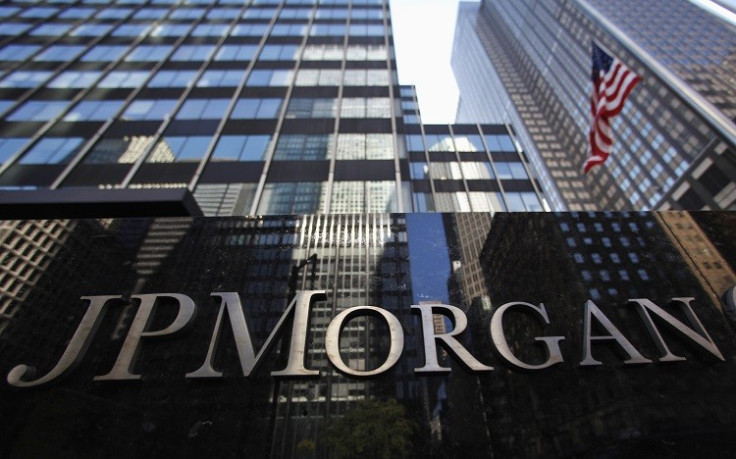US Fed Put Pressure on JPMorgan Over Metals Warehousing Arm in 2012

JPMorgan was warned by the US Federal Reserve about its metals warehousing arm a whole year before controversy erupted over banks trading commodities as well as controlling the flow of supply through sluggish deliveries from the warehouses which they also owned.
According to Reuters, which had obtained letters between JPMorgan and the Fed through the Freedom of Information Act, the US regulator told the investment giant in June 2012 that it must hand over quarterly reports on how it was sticking to the rules or sell its Henry Bath & Sons warehouses.
The Fed also put pressure on JPMorgan to reduce the amount of its own metals being held in the Henry Bath & Sons warehouses, which the bank had acquired under its purchase of the RBS Sempra commodity trader in 2010. JPMorgan is currently trying to sell off its commodities business and is in discussions with a number of potential buyers.
Both the Fed and JPMorgan had decline to comment on the letters.
In August, it emerged that the US Commodity Futures Trading Commission has subpoenaed a metals warehouse firm as part of its investigation into the industry amid claims that prices are artificially bloated by slow delivery times.
The CFTC sent the subpoena after it had ordered metals warehouse firms to keep hold of all emails, documents and instant messages from the past three years. Glencore and Goldman Sachs were among those to receive subpoenas.
An New York Times investigation claimed that a Goldman Sachs subsidiary shuffled aluminium stocks around its warehouses each day, lengthening storage times and bloating rental costs, which pushed up the metal's market price and produced bigger profits.
Goldman said the ploy was not against any laws or regulations set by the London Metal Exchange (LME) which regulates the market.
"The warehouse companies, which store both LME and non-LME metals, do not own the metal in their facilities, but merely store it on behalf of the ultimate owners," said Goldman.
"LME warehouses are actually prohibited from trading all LME products."
An unnamed Goldman executive told Politico that aluminium reserves were built up during the financial crisis and before the bank had a subsidiary which owned the warehouses.
"As the economy worsened, aluminium inventories more than tripled from the summer of 2008 to the summer of 2009 - a full year before GS bought the warehouse business," the executive said.
"Over the past three years that GS has owned the warehouse business, LME inventories are up about 20%. Hard to see how the change in metal inventory is tied to the entry of a bank into the warehousing business. During the past five years, as inventories climbed from just over one million tonnes in 2008 to more than five million tonnes today, prices for aluminium have dropped from $3000/tonne to $1800/tonne.
"So as excess supplies build up in the market, prices have dropped as one might expect."
The LME pledged to cut down the amount of time it takes for customers to receive physical metals in a bid to combat criticism over metal hoarding.
Under a new plan, the LME would slash waiting times down to 50 days, after regulatory pressure for the industry to review its metal storage practices.
The LME also revealed that it has commenced a legal review of what steps it can take on high storage charges.
© Copyright IBTimes 2025. All rights reserved.






















